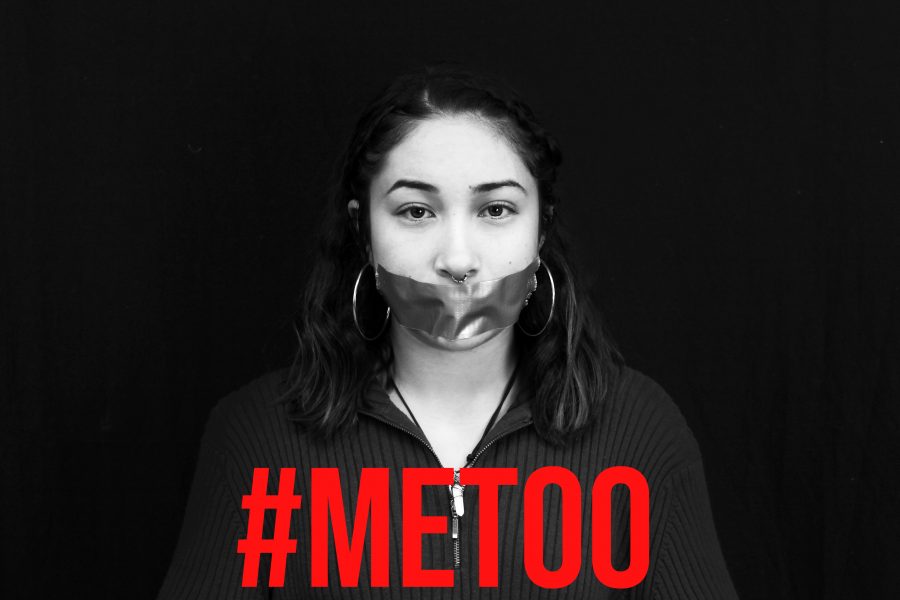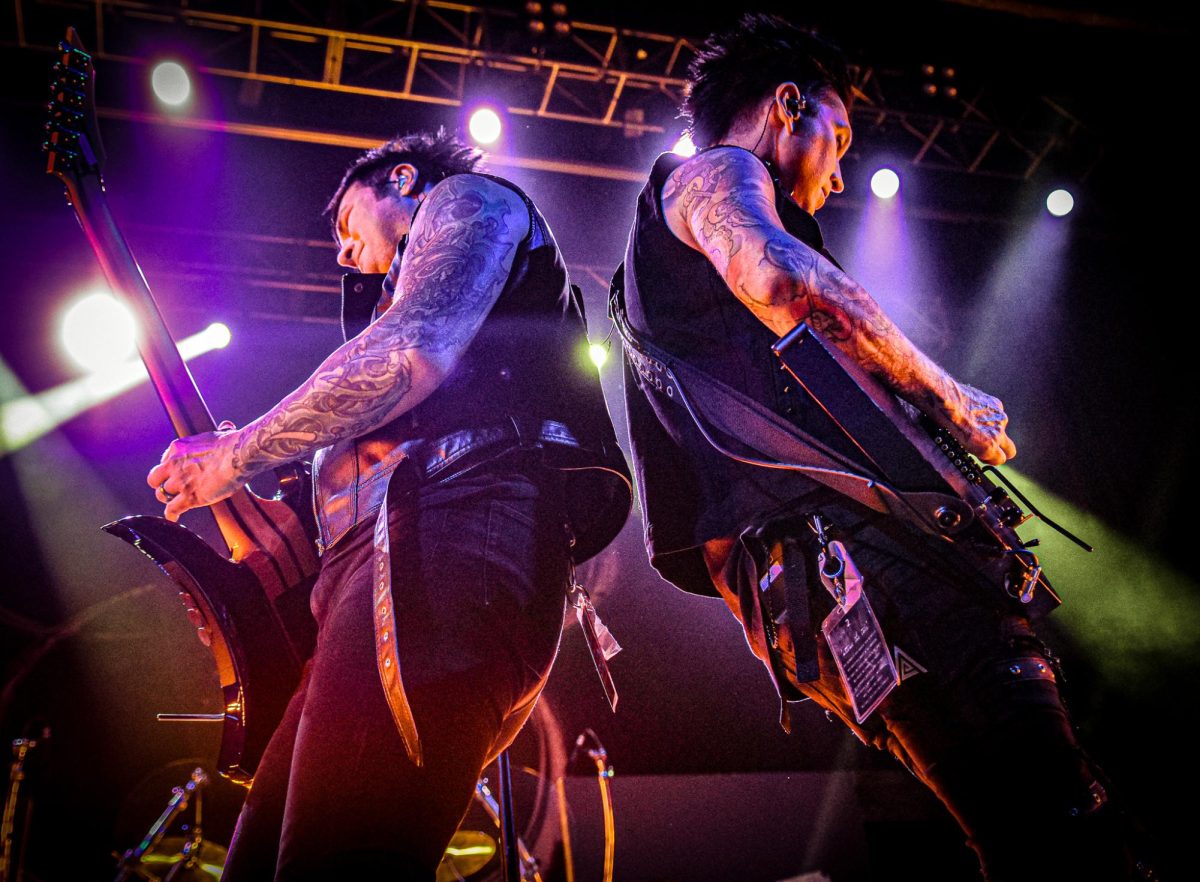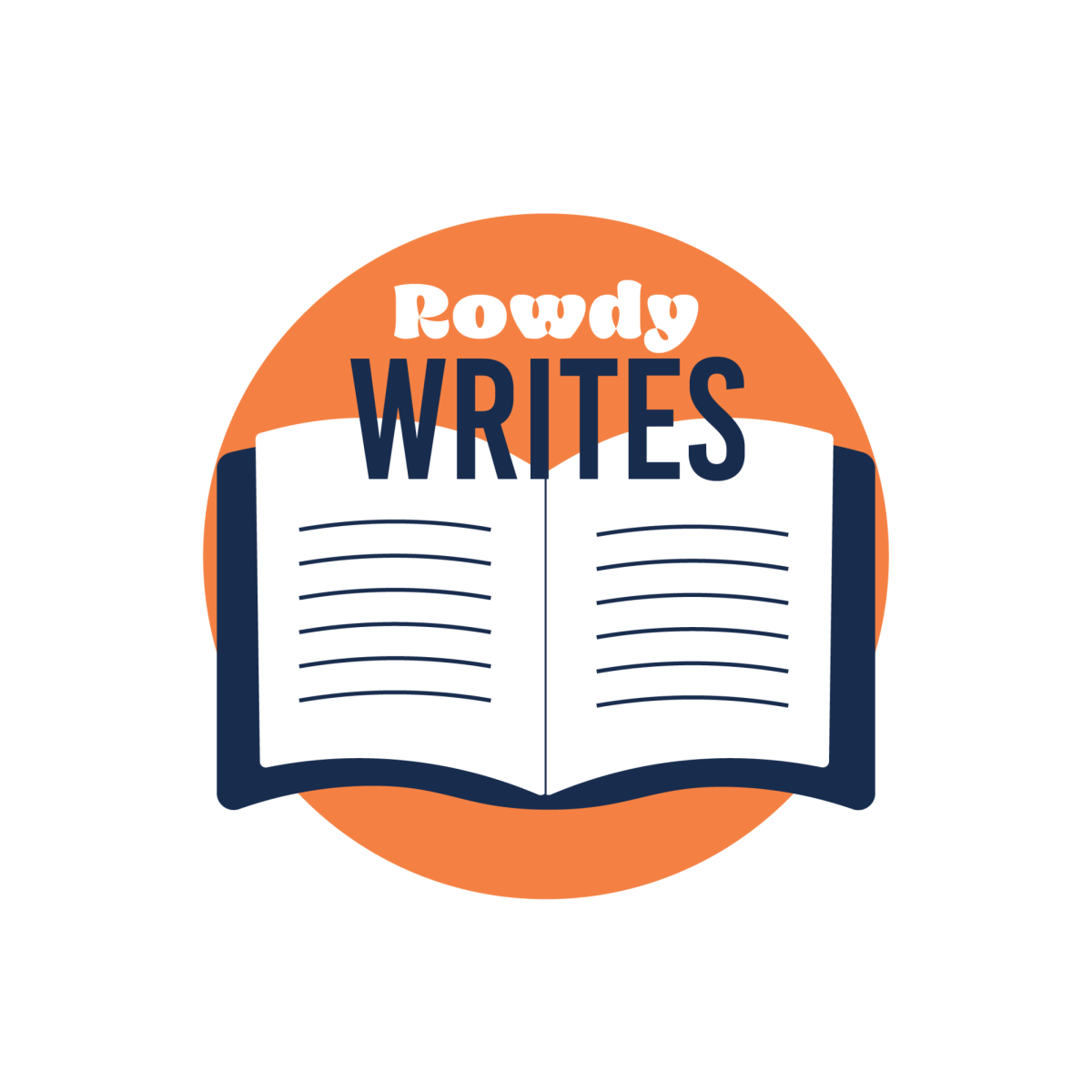“Catch and Kill” is a ruinous account of powerful men and the toxic system that has protected them and prolonged coverup culture for decades. During his two-year investigation involving more than 200 sources, Ronan Farrow uncovered subplots of espionage, the dangerous culture of nondisclosure agreements, and victim blaming. The title derives from an old phrase in the tabloid business, which describes “the practice of purchasing a story in order to bury it.”
After preying on, assaulting and silencing women for decades, Harvey Weinstein was finally arrested in May, 2018. He will be in court on Jan. 6, 2020, facing two new allegations of predatory sexual assault among the already present allegations of rape, sexual harassment and a criminal sexual act. Pulitzer Prize-winning investigative journalist Ronan Farrow, in his book “Catch and Kill,” documents the events that led up to Harvey Weinstein’s long-awaited arrest. Before his arrest and during Farrow’s investigation, more than 80 women accused Weinstein of some form of predatory sexual assault or sexual harassment. These accusations range from workplace mis-conduct to violent rape.
Along with the exposure of Weinstein, Farrow tells the crimes of powerful men who protect powerful men. Although Weinstein is the predator with the most detailed account, Farrow mentions the following men who have also been accused of sexual harassment, assault or misconduct: Andy Lack, Dylan Howard, Donald Trump, Jeffrey Epstein, Matt Lauer, Bill O’Reilly, David Corvo, Mark Halperin and Chris Matthews. These men were involved in the obvious efforts to protect one another when moral accountability was placed upon them. Farrow paints the rationalization of acceptance and forgiveness of predators as unacceptable. He was unwilling to accept what others so easily could. By naming all that he uncovered, Farrow is justifiably unsparing in his reporting on sexual assault and the institution that continues to protect predators at the cost of justice for women.
Weinstein hired a private investigative firm, Black Cube, to spy on accusers and journalists. This private detective agency was part of a larger system Weinstien created to suppress and silence his accusers. This system involved nondisclosure agreements, payoffs, insistent legal threats and Black Cube.
Among the pages, Farrow calls upon his sister Dylan Farrow, who accused their father, Woody Allen, of sexual abuse, for advice and courage in approaching victims. These retellings are possibly the most powerful sections of the book because he acutely describes his process in understanding his sister as a victim. By including his personal growth, Farrow capitalizes on the importance of supporting victims, rather than oppressing them.
Harvey Weinstein is one thread among many that make up the fabric of a system that protects powerful men from accountability. Money, power, and fame colluded in the formation of an unforgiving system that favors sexual predators and continues to silence women. Many of the men named in this book are not behind bars and remain in their positions of power.












